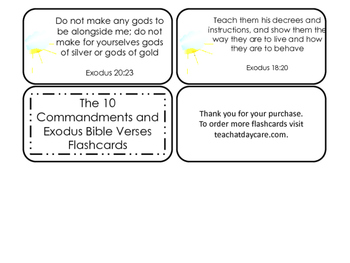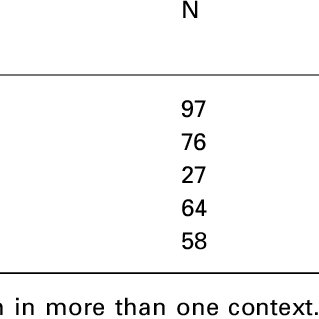

The stronger the indicative, the more demanding the imperative it can bear! Consider, then, a biblical health warning: strong indicatives with weak imperatives produce spiritual weakness.

The commands that forbid any action imply the responsibility to express their opposite.The negative form in which most of the commandments come is designed for the safety of immature sinners - in the same way we tell our very young children, “Don’t do that” long before we explain our instructions in detail.who brought you out of the land of Egypt, out of the house of slavery” (Exodus 20:2) - the event that typified the “exodus” that Jesus would accomplish at Jerusalem (Luke 9:31). The law was given in the context of God’s redeeming grace: “.It is a summons to reflect his moral glory. It is prefaced by the words “I am the Lord your God” (Exodus 20:2). The law is rooted in the covenant-making and covenant-keeping character of Yahweh.We can sketch a Reformed understanding of the law under six headings: And hearing the law through their ears will help us greatly as we consider the first commandment of the Ten: “You shall have no other gods before me” (Exodus 20:3). What did they understand that we fail to grasp? Much. That explains why as much as 30–40 percent of the Reformed catechisms are devoted to an exposition of the Ten Commandments.

Many of the spiritual masters have agreed with him. John Newton - of “Amazing Grace” fame - once shrewdly wrote to a correspondent that a misunderstanding of the law of God lies at the root of most mistakes in the Christian life.


 0 kommentar(er)
0 kommentar(er)
